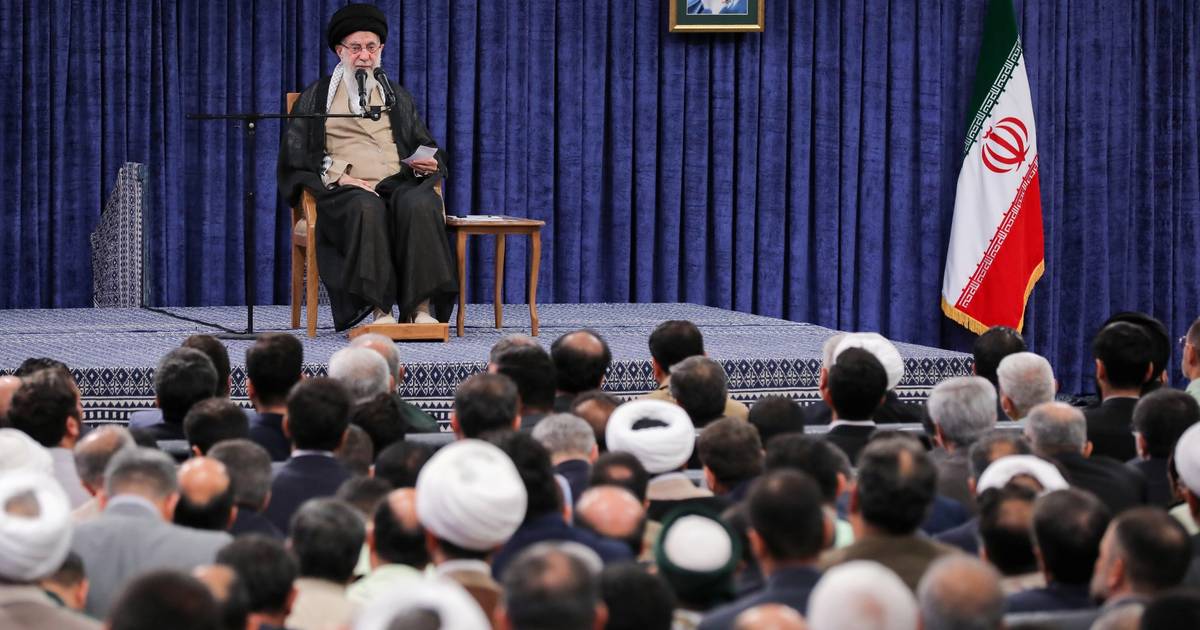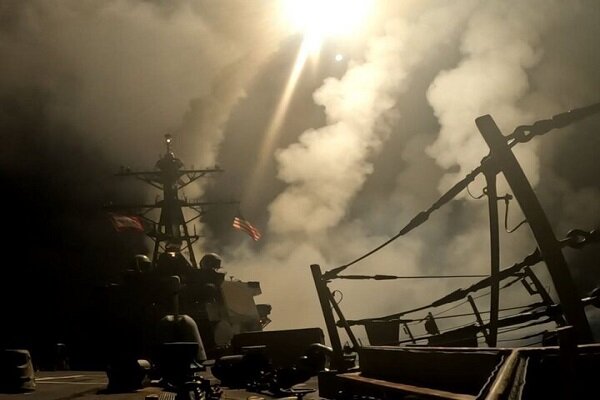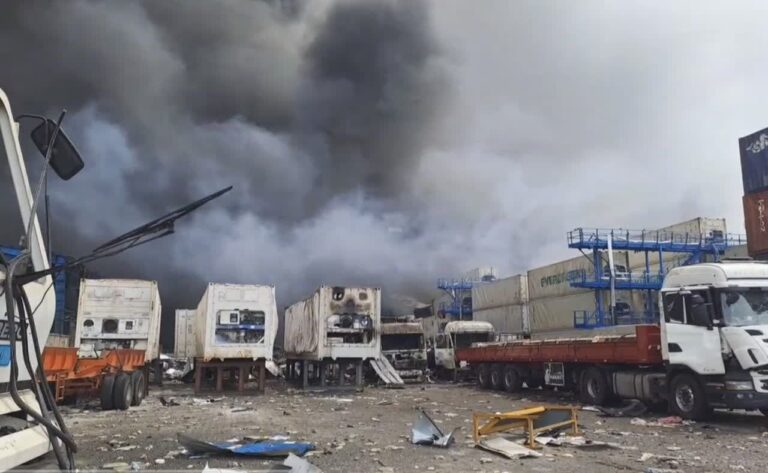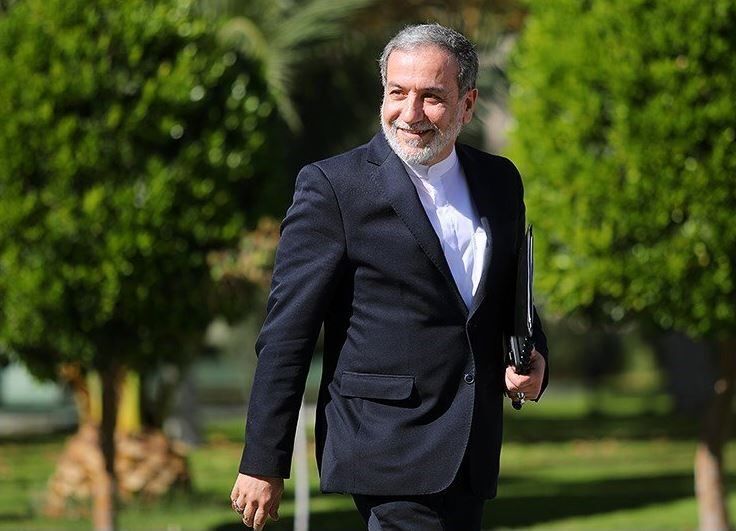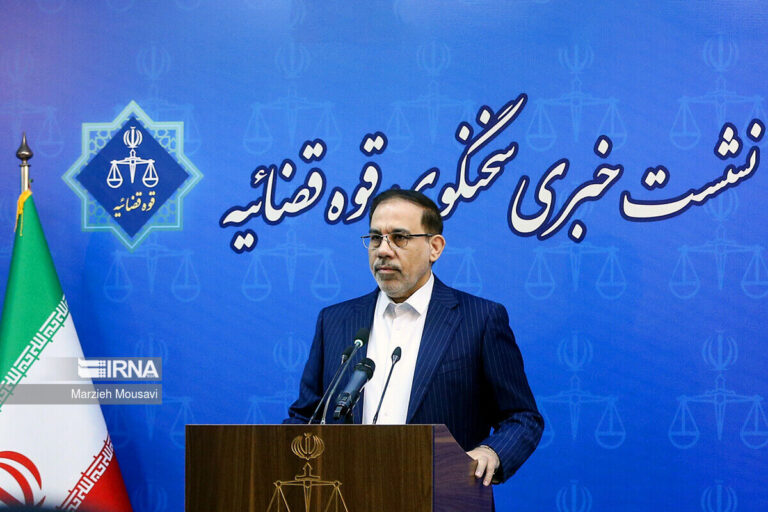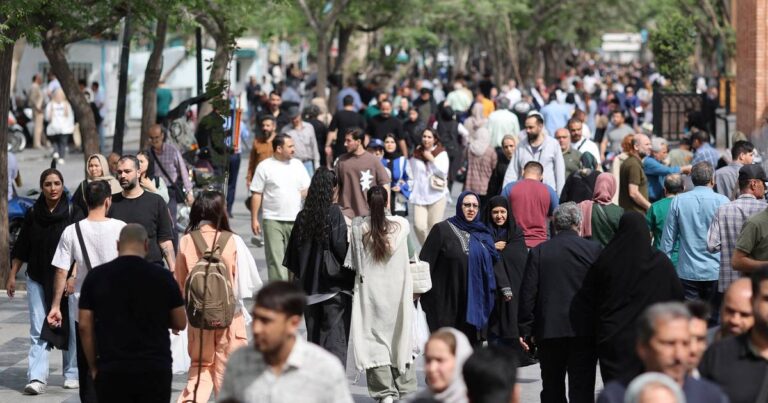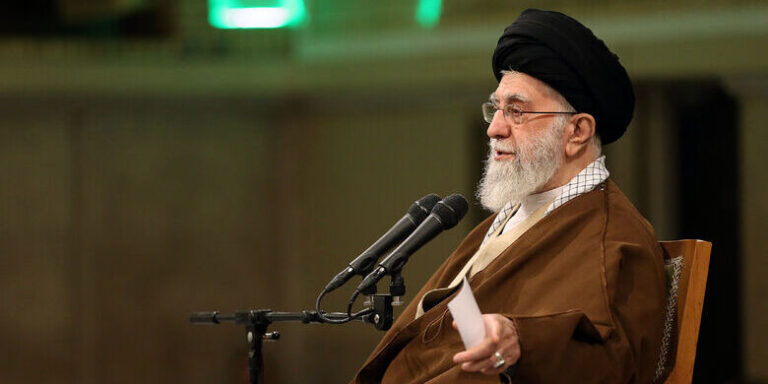Khamenei Urges Strong Muslim Unity to Confront US and Israel Threats
In a stirring address, Iran’s Supreme Leader has declared that the Islamic pilgrimage of Hajj is not just a spiritual journey but a profoundly political act. His remarks come as tensions may be escalating with Saudi Arabia ahead of the annual pilgrimage season. Khamenei’s statements underscore the importance of unity among Muslim nations in the face of external pressures, particularly from the United States and Israel.
During a meeting with Hajj officials in Tehran, Ali Khamenei emphasized the political dimensions of Hajj, stating, “Hajj is a duty whose very structure is political.” This assertion highlights the significance of the pilgrimage as a gathering that fosters a sense of solidarity among Muslims. He pointed out that “it brings people together at a specific time and place, and this gathering has an inherently political nature.”
Khamenei further elaborated on the benefits of Muslim unity, asserting, “If Muslims were united, Gaza and Palestine would not suffer like this.” His call for solidarity among Islamic nations reflects a broader desire for collective action against perceived injustices, particularly in regions like Gaza.
However, Khamenei’s remarks also contained a warning directed at Riyadh, suggesting that any rapprochement with Israel, facilitated by Washington, could be seen as a form of “oppression.” This statement aligns with recent reports indicating renewed Saudi-Israeli contacts, which have been initiated by US officials in the wake of the Gaza war.
Just weeks prior, Khamenei had communicated to Saudi Defense Minister Prince Khalid bin Salman that fostering closer ties between Iran and Saudi Arabia would be mutually beneficial. This earlier message hinted at a potential thaw in relations, yet his latest comments have reverted to a more confrontational tone. Such rhetoric has historically contributed to strained relations between Iran and Saudi Arabia, particularly concerning the politicization of Hajj.
Saudi Arabia has consistently maintained a stance against the politicization of the pilgrimage, implementing strict regulations designed to prevent any sectarian or political activities during Hajj. These measures are aimed at ensuring that the focus remains on the spiritual aspects of the journey. Recent incidents highlight the tensions surrounding this issue; multiple pilgrims displaying the Palestinian flag have been removed from the sacred site.
According to regulations released by the Saudi Ministry of Hajj and Umrah in August, pilgrims are forbidden from bringing any prohibited items into Saudi Arabia. These items include:
- Pictures
- Books
- Flags
- Slogans
- Political publications
- Other banned materials
These regulations underline Saudi Arabia’s commitment to maintaining order and preventing any disruptions during the pilgrimage. The kingdom’s historical context is also important, as the 1987 clash with Iranian demonstrators during Hajj resulted in hundreds of deaths and a prolonged diplomatic rift between the two nations. This rift has only recently begun to heal, thanks to a China-brokered rapprochement in 2023.
As the Hajj season approaches, the potential for renewed tensions between Iran and Saudi Arabia looms large. Khamenei’s call for unity among Muslim nations could be seen as a rallying cry for those who share his views, but it also poses a challenge to the delicate diplomatic balance that has been recently established. The balance between political expression and spiritual devotion during Hajj remains a contentious issue, raising questions about the future of Muslim unity and the role of political dynamics in religious practices.
In summary, the implications of Khamenei’s statements reach beyond the immediate context of Hajj and touch upon broader geopolitical themes. As Muslim nations navigate their relationships with one another and with external powers, the call for unity serves as both a reminder of shared challenges and a potential flashpoint for conflict. The upcoming pilgrimage season will undoubtedly be closely watched, as it may reveal the extent to which political tensions can influence sacred traditions.
